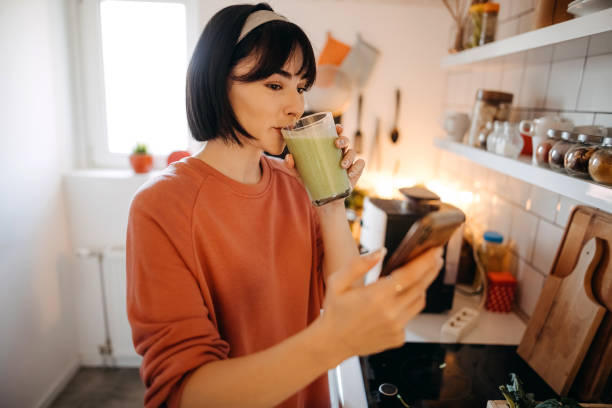This is the first study to show a link between eating high-fat, high-sugar foods and bowel carcinoma. However, some experts warn that the results should not be taken too seriously.
colorectal cancer , including bowel and rectal carcinoma, , accounts for 9,7% of all cases of cancer worldwide and 8% all cancer-related death.
Researchers from the University of Edinburgh, Scotland, examined the relationship between colorectal and lifestyle and food choices.
In Scotland, between 1999 and 2006, the authors studied 2062 patients with colorectal carcinoma who were mainly white and presented to surgical units. The authors also included a control group of 27,76 mostly white people who were matched by age, gender and place of residence.
The authors speculated that the idea of collecting biological specimens may have turned some patients off.
Participants completed a questionnaire on their lifestyle in general and a second one about their dietary intake.
Researchers found that people who ate more high-energy snacks, such as high-fat, high-sugar foods like desserts, cookies, cakes, chocolates, and nuts, were more likely than others to develop colorectal carcinoma.
The report stated that “the positive association between ‘high energy snack foods’ and high energy drinks and colorectal carcinoma is novel and deserves further investigation, as such snacks or drinks are an increasingly important part of diets in industrialised countries.”
Coffee, juice and fish
The study found that high-energy snacks accounted for 20 percent of daily energy consumption in the studied population.
Patients with high BMIs who drink a lot fruit and vegetable juice are also at a greater risk of colorectal carcinoma.
Fruit and vegetable juices are different from the fruits and vegetables they are derived from. They contain more sugars, additives and preservatives. It has also been demonstrated that pure fruit juice increases blood sugar and insulin by a larger magnitude than whole fruit consumed over the same period of time, which may account for the different metabolic effects,” said the authors.
The authors concluded that the high consumption of white fish may also increase the risk of colorectal carcinoma. This is likely due to the fact that the fish is often fried or battered.
Researchers in their study said that coffee may reduce the risk of colorectal carcinoma either because it contains anticarcinogenic substances such as polyphenolic compounds or because it increases the motility of the large bowel.
Caution is required
Professor Ian Olver of Cancer Council Australia stated that the study’s strength was its large sample size and the fact that it highlighted “a set of completely new factors associated with bowel cancer, and that was snack food and fizzy beverages.”
Professor Olver, a non-participant in the study who is concerned about the problem of patients reporting their own eating and drinking habits, said that some people can’t remember their choices.
He said that the control patients could have participated because they had a healthier diet, leading to a biased outcome. This limitation was acknowledged by the authors in their study.
Professor Dallas English, Director of Centre for Molecular, Environmental, Genetic and Analytic Epidemiology, University of Melbourne, stated that “case control studies of diet and Cancer have been problematic, because people with cancer may report their diet in a different way.”



